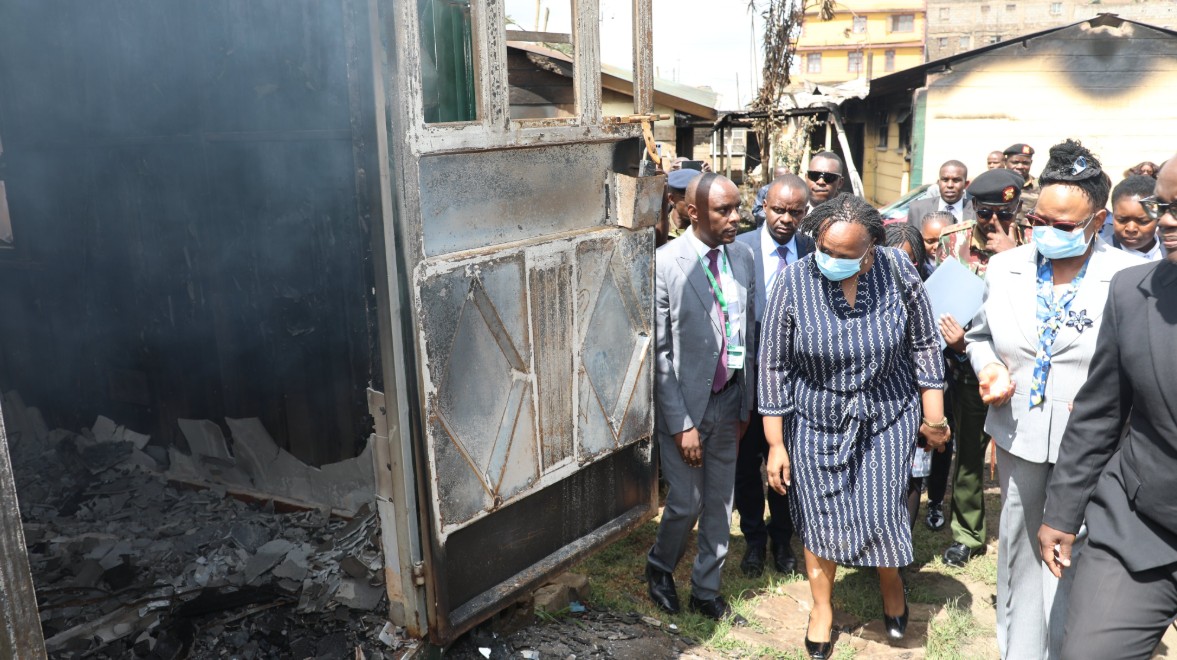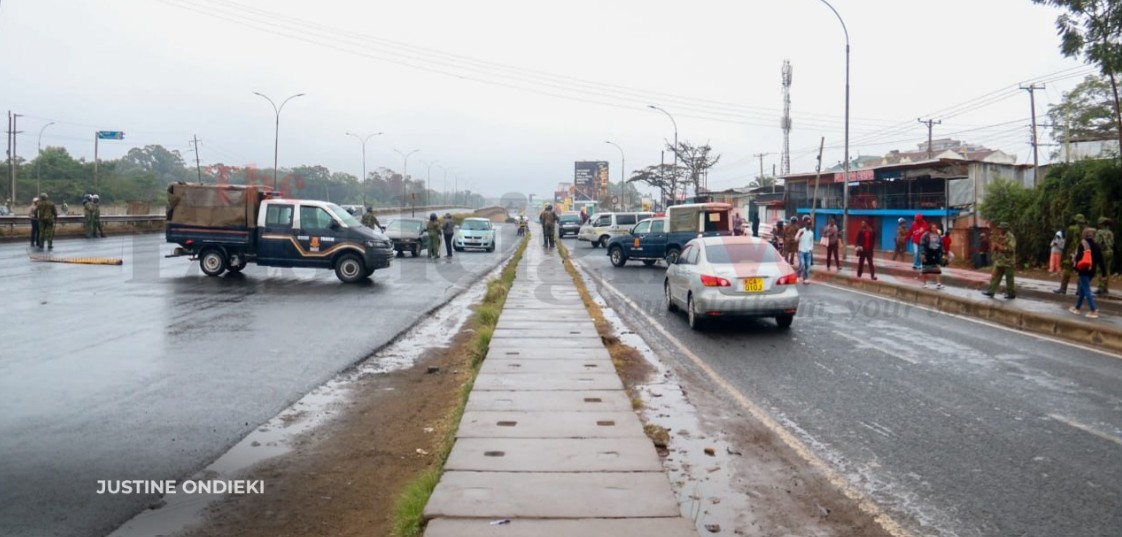KeRRA, KeNHA lead in Sh4.1 billion penalties over pending bills as contractors feel the pinch

According to CoB data, total penalties rose from Sh12.07 billion in December, with KeRRA recording the largest increase—its interest and penalties grew by Sh2.6 billion. KeNHA followed closely, with its penalty burden rising by Sh1.09 billion to a total of Sh8.09 billion.
State-owned agencies, including the Kenya Rural Roads Authority (KeRRA) and the Kenya National Highways Authority (KeNHA), racked up an additional Sh4.1 billion in penalties and interest on unpaid bills between January and March this year, pushing the government’s total liability to Sh14.72 billion.
Controller of Budget Margaret Nyakang'o has attributed the sharp rise to delayed payments caused by persistent funding shortfalls.
More To Read
- Small businesses struggle as government pending bills surge to Sh684 billion
- KAA urges early travel as Nairobi Marathon shuts down key routes
- Oil tanker overturns on Southern Bypass, section temporarily closed
- Petition filed seeking removal of KeRRA boss Philemon Kandie over June protests
- CoB report: Vihiga, Homa Bay MCAs earn over Sh70,000 in allowances as Busia, Mandera take home the least
- KeNHA closes sections of Waiyaki Way, Mombasa Road for roadworks
According to CoB data, total penalties rose from Sh12.07 billion in December, with KeRRA recording the largest increase—its interest and penalties grew by Sh2.6 billion. KeNHA followed closely, with its penalty burden rising by Sh1.09 billion to a total of Sh8.09 billion.
Nyakango noted that the failure by state agencies to settle pending bills has been worsened by budget cuts from the National Treasury, which continues to grapple with stagnant revenue collection and mounting foreign debt repayments.
The growing backlog of unpaid bills has taken a toll on the private sector, with many businesses shelving expansion plans, halting recruitment, laying off staff, or resorting to costly bank loans to stay afloat.
“It (high pending bills) leads to high government costs of doing business due to the accumulation of interest charges and penalties on unpaid invoices, and it erodes trust between the government and the private sector,” Nyakango said.
Increased penalties, interest
Several other state agencies also saw notable increases in penalties and interest on their liabilities between January and March.
The Water Resources Authority accrued a fresh penalty of Sh84.68 million, while the National Oil Corporation’s penalty burden rose by Sh50.14 million, bringing its total liability to Sh1.01 billion.
The Kenya Urban Roads Authority (KURA) recorded a Sh30.13 million increase, pushing its total penalties to Sh478.3 million.
Nyakang'o cautioned that the ballooning backlog of unpaid bills is placing significant strain on cash flow, particularly for small and medium-sized enterprises (SMEs) that supply goods and services to government entities.
“Accumulation of pending bills restrains cash flows to businesses, resulting in liquidity constraints, especially for small and medium-sized enterprises, as they have to endure the long wait for settlement of overdue payments. This forces such businesses to either scale back operations, lay off workers, or even shut down operations,” she said.
To ease the financial strain, state agencies in the roads sector are expected to begin clearing their backlog of unpaid bills from March onwards, following the government’s acquisition of a Sh73 billion loan facility to settle debts owed to contractors. The loan is set to be repaid through a Sh175 billion bond, which the government plans to issue before the end of the year.
However, despite such measures, state-owned enterprises—like many county governments—have a long-standing pattern of defaulting on payments. This ongoing issue has negatively impacted contractors, lenders, and suppliers, and according to the Controller of Budget, it has eroded the private sector’s confidence in the government’s reliability to honour its financial obligations.
Top Stories Today












































